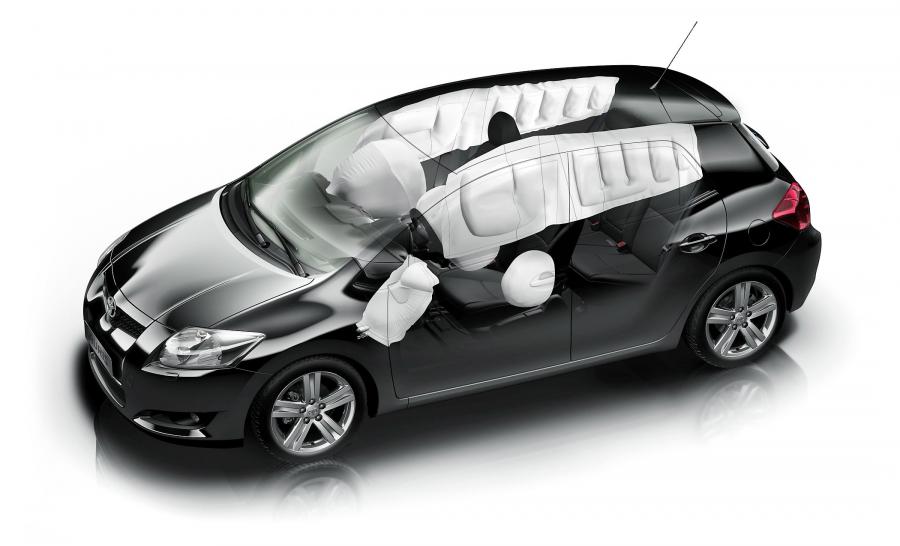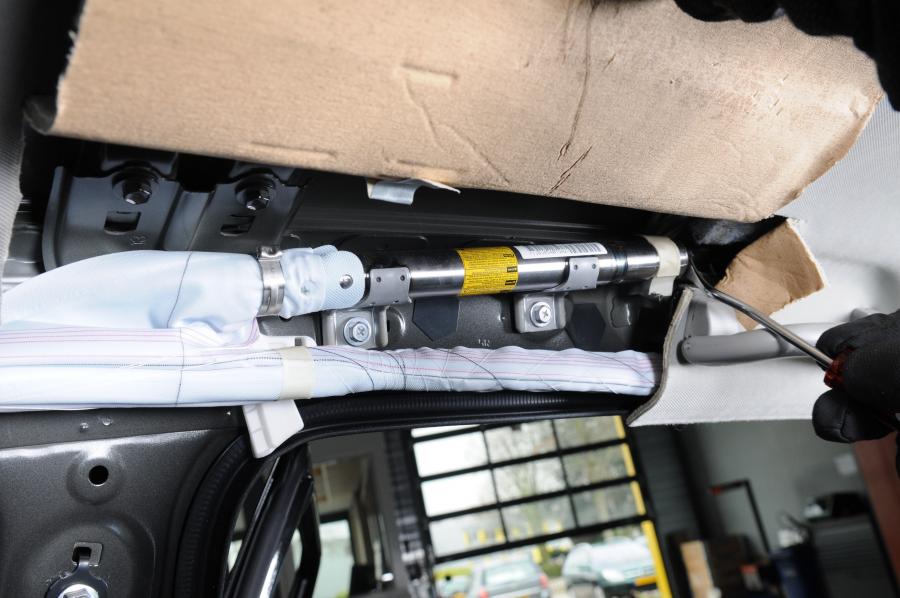New Car Technology: Re-think the Risk
I have just had the absolute pleasure of spending some time delivering training to doctors and paramedics from the Northwest Air Ambulance (@NWairambulance on Twitter) in the UK. Amongst the topics I discussed and presented was an update on new car technology (NCT) and its impact on vehicle extrication. Contrary to my understanding, it IS possible for an air ambulance aircraft to arrive first on scene at a road traffic collision especially in rural areas. For this reason, they must be critically aware of the potential impact of NCT on their ability to deliver medical interventions.
NCT misconceptions
It was immediately apparent that several of the group had heard the ‘horror stories’ of the dangers of undeployed airbags and SRS and as a result had a ‘high index of suspicion’ regarding such technology and how it potentially impacted their role. They too informed me that they were aware that extrication will now take longer due to ‘stronger cars’ and how scene times may potentially be extended as a result. Whilst their understanding on NCT will by no means prevent them from doing their job, it will inevitably put them slightly on the back foot; I firmly believe that this should not be the case. It was evident that their perception of the risks had been gleaned from (mainly) the internet and also as a result of limited access to multi agency training with other rescue services.

Horror stories about undeployed aribags and SRS may impact your perception of risk (picture courtesy of Toyota).
Impact of NCT overstated
Regular readers of my blog will know that my approach to training and sharing knowledge is all about trying to empower people to be safe and effective on scene. I try my very best to keep any potential issues in context and not to be alarmist. However, it still seems the impact of NCT is overstated and mainly portrayed in the negative by many people all over the world and a simple search on social media reinforces this point.
No extended scene times
Previous blogs I have written regarding airbags/SRS, construction and alternatively fuelled vehicles (the big three discussion points) have demonstrated that far from causing issues, they should not (and must not) lead to extended scene times provided the right training, preplanning, equipment and techniques are in place. We can, after all, cut the latest construction with the latest tools very easily indeed. And by properly managing risk, we and our patients stay safe while doing so.
 Properly managing risk will keep rescuers and their patients safe.
Properly managing risk will keep rescuers and their patients safe.
Pivotal role
The most important (and frustrating) element here is that as technical rescuers, you have a pivotal role to play in the education of other services like the air ambulance guys and girls I met over the last few days. If your knowledge and understanding of the issues are outdated, overstated or just incorrect (and by that, I don’t mean you have to agree with me!) then we have a cross pollination of knowledge that is inhibitive rather than empowering. As a result, we then have the next generation of medical responders (and your own future technical rescuers) with a lack of true understanding which is continually perpetuated for years to come.
Ohio airbag incident
This, in my view, is why the airbag deployment during an extrication in Dayton, Ohio, USA in 1995 is still a reference point when we discuss NCT; which let’s face it, is utterly ridiculous. This incident should have stopped informing our thinking a very long time ago and yet it is dragged up time after time.
Re-contextualize the risk
To be clear (yet again) I do not think airbags/SRS pose no risk. I am simply asking for people in this industry to re-think and re-contextualize the risk prior to informing others. More firefighters were injured in fire station kitchens whilst preparing meals in 2016 than were affected by SRS/Airbags. The same goes for hybrid and electric vehicles and the ‘threat’ they pose from their high voltage systems.
Remember, the best thing about knowledge is passing it on. Providing it is the right information.
As ever, I welcome your comments.
Ian Dunbar